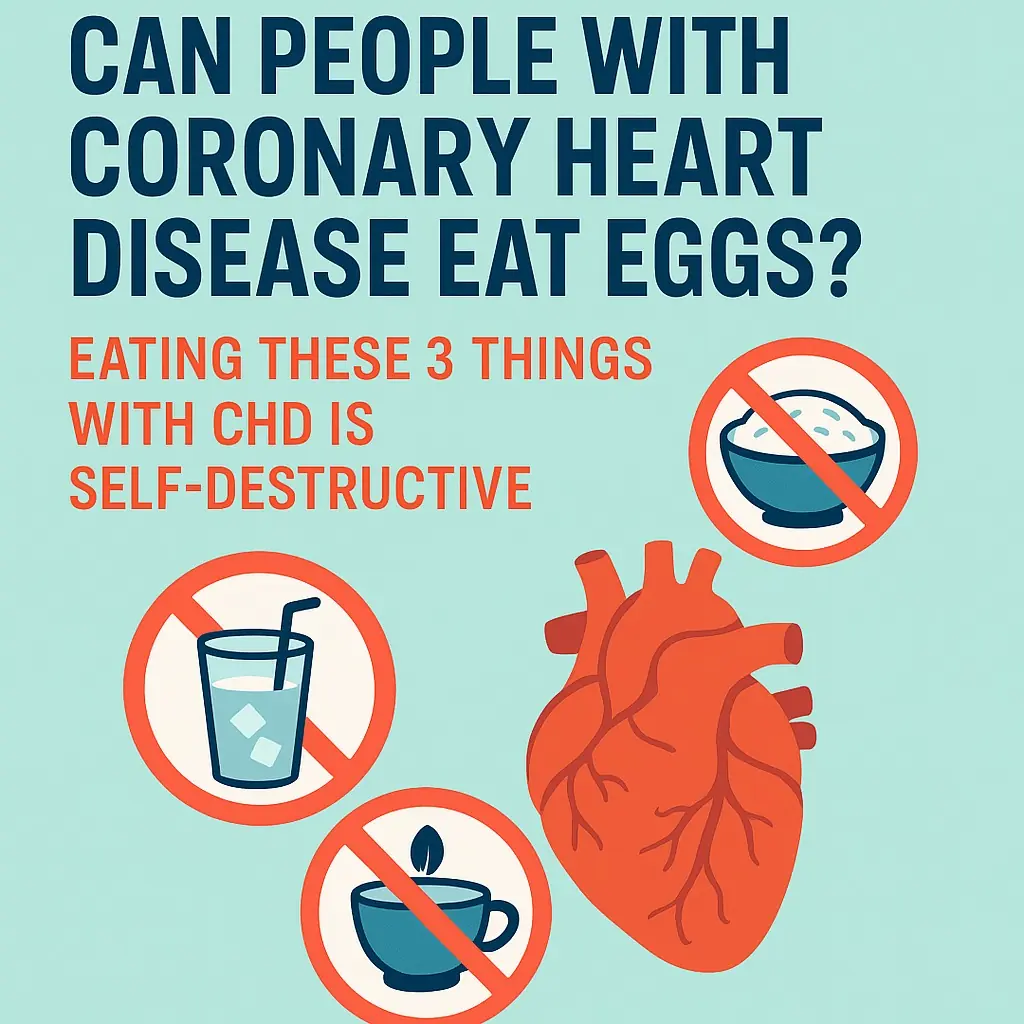
Is Lung Cancer Contagious or Hereditary? Doctors Reveal the Truth You Need to Know
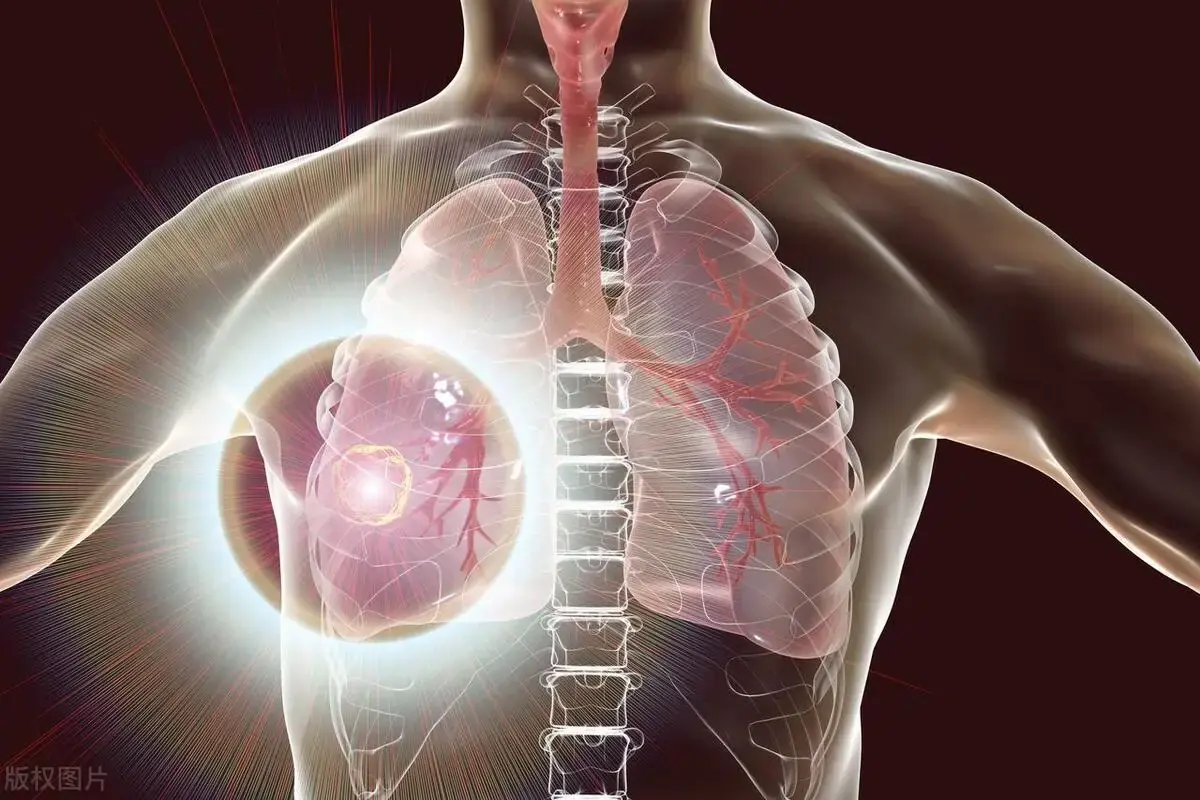
On a sunny afternoon, Mr. Zhang was rushed to the hospital by his family after suffering from a persistent cough and difficulty breathing. Following a series of tests, doctors delivered a devastating diagnosis—lung cancer. The news hit his family like a bolt of lightning. Beyond their concern for Mr. Zhang’s condition, a pressing question loomed:
Can lung cancer spread to other family members? Are those who care for him at risk?
And more importantly, is lung cancer hereditary? Could Mr. Zhang’s children or relatives be at risk simply because of genetics?
These are the kinds of questions that worry many families. In this article, we’ll break down what science and medical experts say about the contagiousness and heritability of lung cancer, giving you a clearer, evidence-based understanding of this feared disease.
Can Lung Cancer Be Contagious?
Truth Revealed: Lung Cancer Is Not Contagious
Despite widespread concern, lung cancer is not an infectious disease. It cannot be passed from person to person through contact, sharing food, or even close living arrangements.
Unlike contagious diseases caused by bacteria or viruses—like the flu or tuberculosis—lung cancer develops due to genetic mutations in a person’s own cells. These mutated cancer cells cannot survive outside the body and cannot spread like germs do.
Doctors have found no clinical evidence suggesting that lung cancer patients pose any infectious risk to others through casual contact. The disease is deeply tied to individual genetic changes and environmental exposure, and no two tumors are exactly alike.
⚠️ Important Note:
While lung cancer itself is not contagious, patients with lung cancer who also have a respiratory infection—such as tuberculosis—can still transmit those infections to others. In such cases, it's the infectious disease, not the cancer, that poses the risk. So, if you're in close contact with someone with lung cancer, it's wise to check whether they have any co-existing contagious illnesses and follow proper precautions.
Is Lung Cancer Hereditary?
Understanding the Genetics: Hereditary Tendency ≠ Hereditary Disease
Another common concern is whether lung cancer can run in families. The answer is nuanced.
Lung cancer is not classified as a hereditary disease, but it does have a genetic predisposition. This means that if someone in your family has had lung cancer, other family members might share certain genes that make them more susceptible—but it doesn't guarantee they will develop the disease.
The development of lung cancer results from a complex interplay of factors:
-
Genetic makeup
-
Environmental exposure (like air pollution or secondhand smoke)
-
Lifestyle choices (such as smoking and diet)
Certain gene mutations may increase a person’s sensitivity to carcinogens. However, inheriting these mutations doesn’t automatically lead to lung cancer—it only raises the risk, especially when combined with harmful environmental or lifestyle factors.
🧬 What You Can Do:
If lung cancer runs in your family, take proactive steps:
-
Get regular health checkups and lung screenings.
-
Avoid smoking and exposure to pollutants.
-
Lead a healthy lifestyle to counteract any genetic vulnerability.
For families with confirmed cases, supportive care and early detection can significantly improve outcomes for both patients and their loved ones.
Prevention & Care: How to Safeguard Lung Health
Preventive Measures: Reduce the Risk Before It Starts
-
Quit Smoking and Limit Alcohol
Smoking is the leading cause of lung cancer. Quitting dramatically reduces your risk. Reducing alcohol consumption also supports lung and overall health. -
Adopt a Nutritious Diet
Eat plenty of antioxidant-rich foods—fresh fruits, vegetables, and whole grains. These help combat oxidative stress, a key factor in cell damage and cancer risk. -
Stay Physically Active
Regular aerobic exercises like walking, swimming, or cycling enhance lung capacity, strengthen immunity, and promote overall well-being. -
Avoid Occupational Hazards
Workers exposed to carcinogens like asbestos or arsenic should take proper protective measures and undergo regular health screenings.
Caring for Lung Cancer Patients: Support, Nutrition & Monitoring
-
Emotional and Psychological Support
Lung cancer can be mentally and emotionally taxing. Family support is crucial—offering love, patience, and positivity can significantly aid recovery. -
Nutrition Management
Treatments can reduce appetite or cause weight loss. Following a doctor-approved nutrition plan helps maintain energy and immunity. -
Breathing Exercises
Techniques like deep breathing and diaphragmatic breathing can ease shortness of breath and support lung function. -
Regular Follow-Ups
Continuous monitoring is essential to detect recurrence or metastasis early. Never skip scheduled checkups or imaging tests.
Take Charge: Protect Yourself and Your Loved Ones
While lung cancer is serious, it's not contagious, and a genetic history doesn’t seal your fate. With awareness, healthy habits, and timely medical care, you can significantly reduce your risk and improve quality of life for those affected.
Let’s break the myths, embrace the facts, and take steps—today—to protect our lung health and that of our families.
Your lungs matter. So does your knowledge. Stay informed, stay healthy.
News in the same category

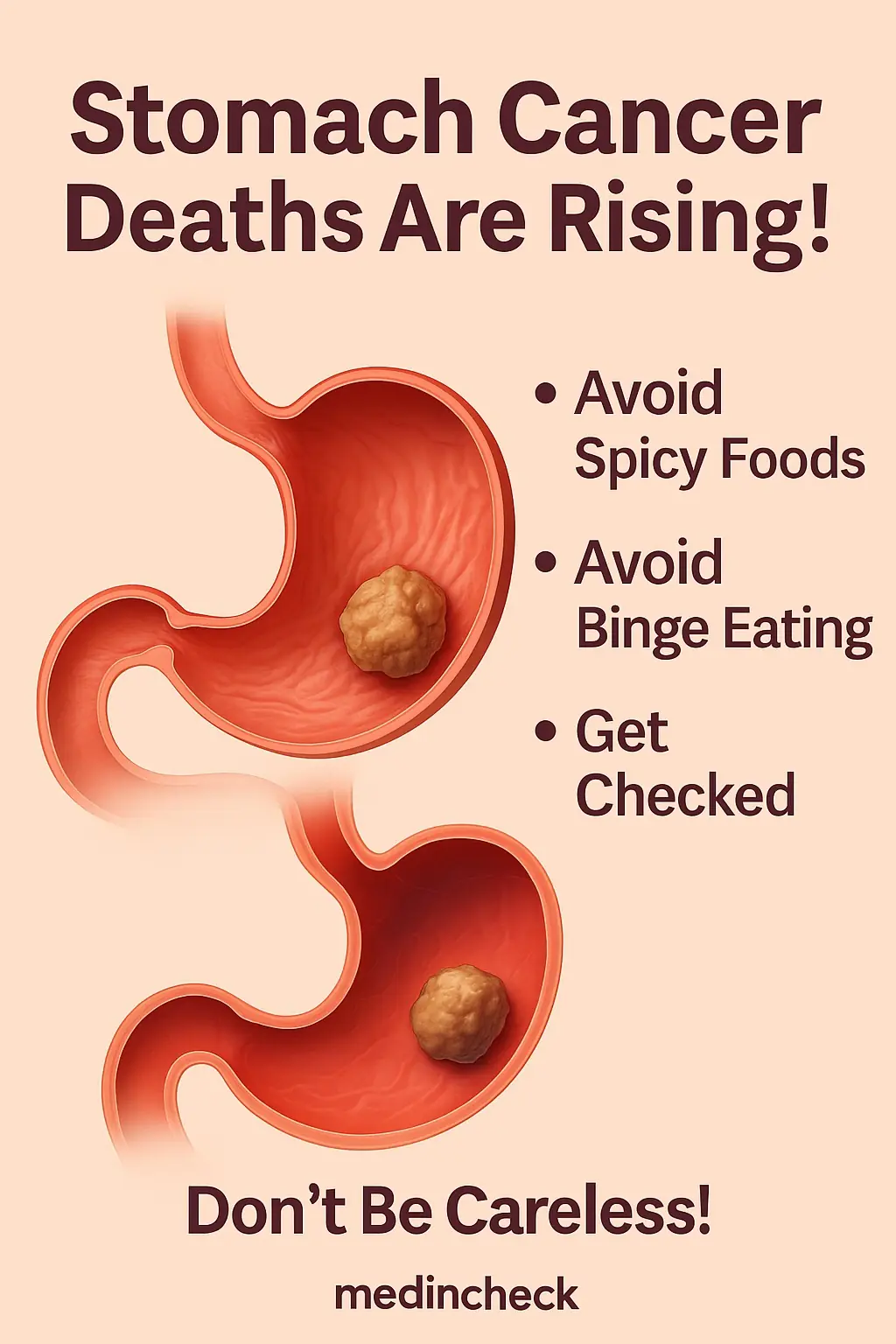
Stomach Cancer Deaths Are Rising! A Word of Advice: Avoid Spicy Foods, Avoid Binge Eating, and Get Checked — Don’t Be Careless!
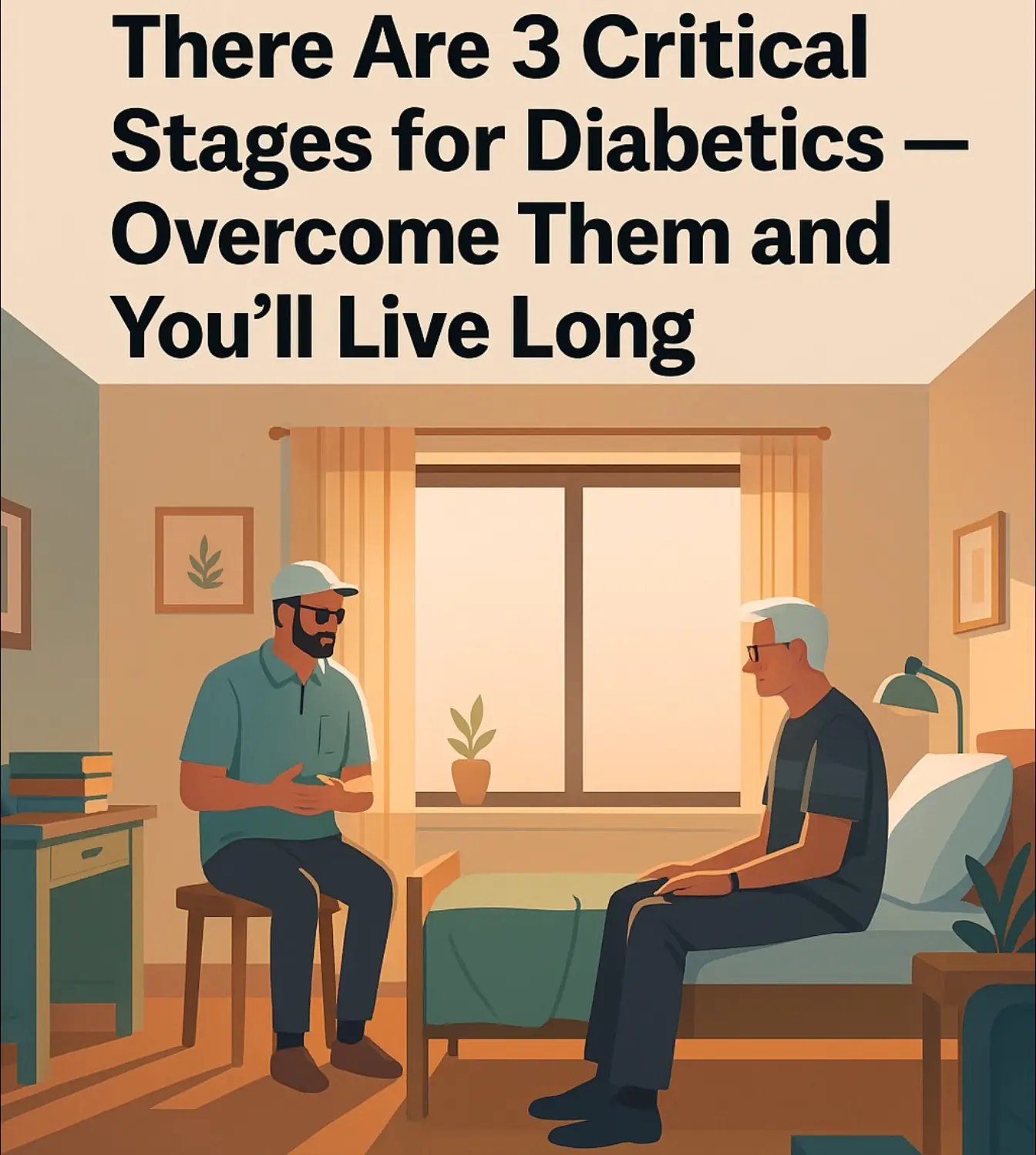
“There Are 3 Critical Stages for Diabetics—Overcome Them and You'll Live Long”: What Are These 3 Stages? Pay Attention After Age 50!
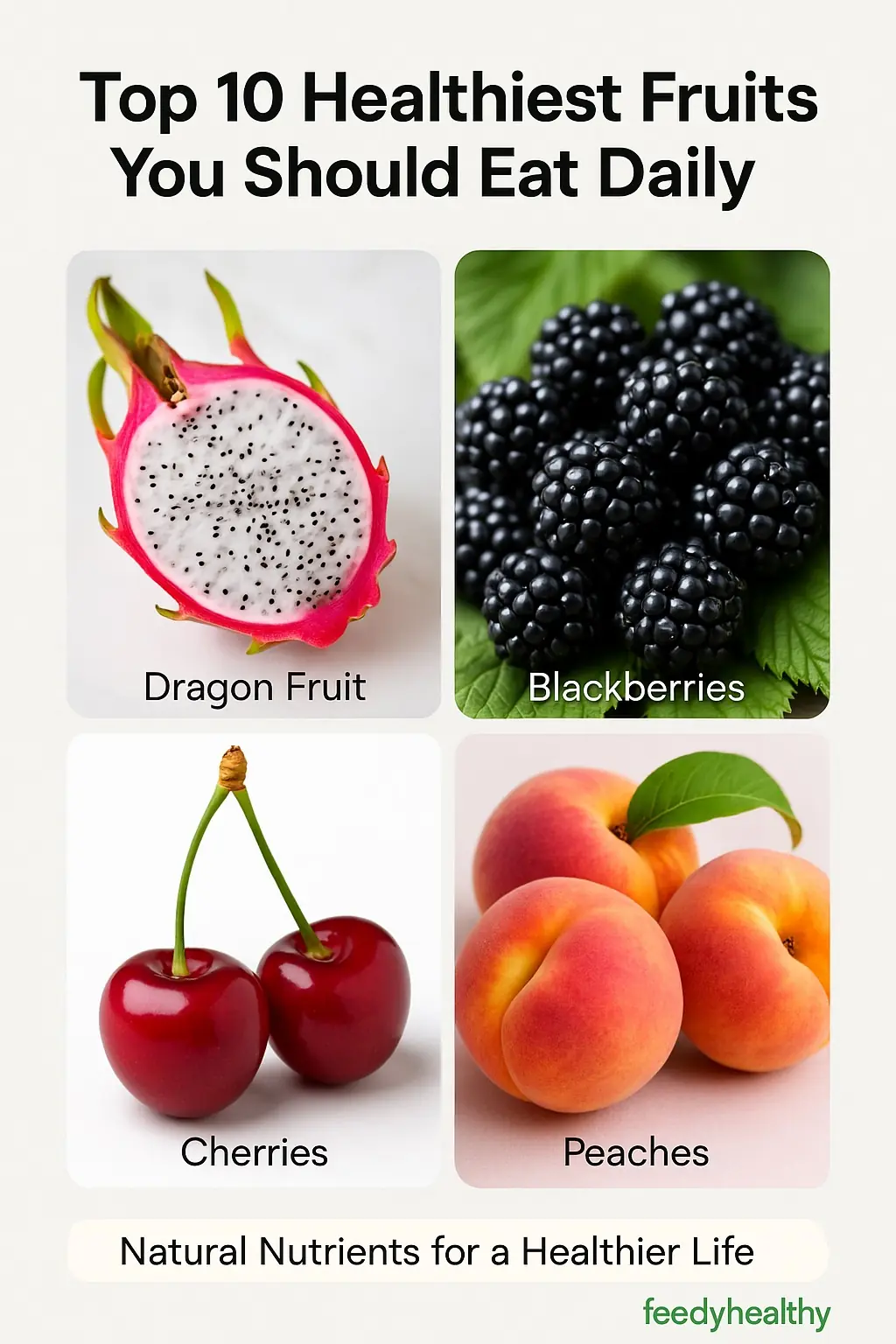
Top 10 Healthiest Fruits – Are You Choosing the Right Ones?
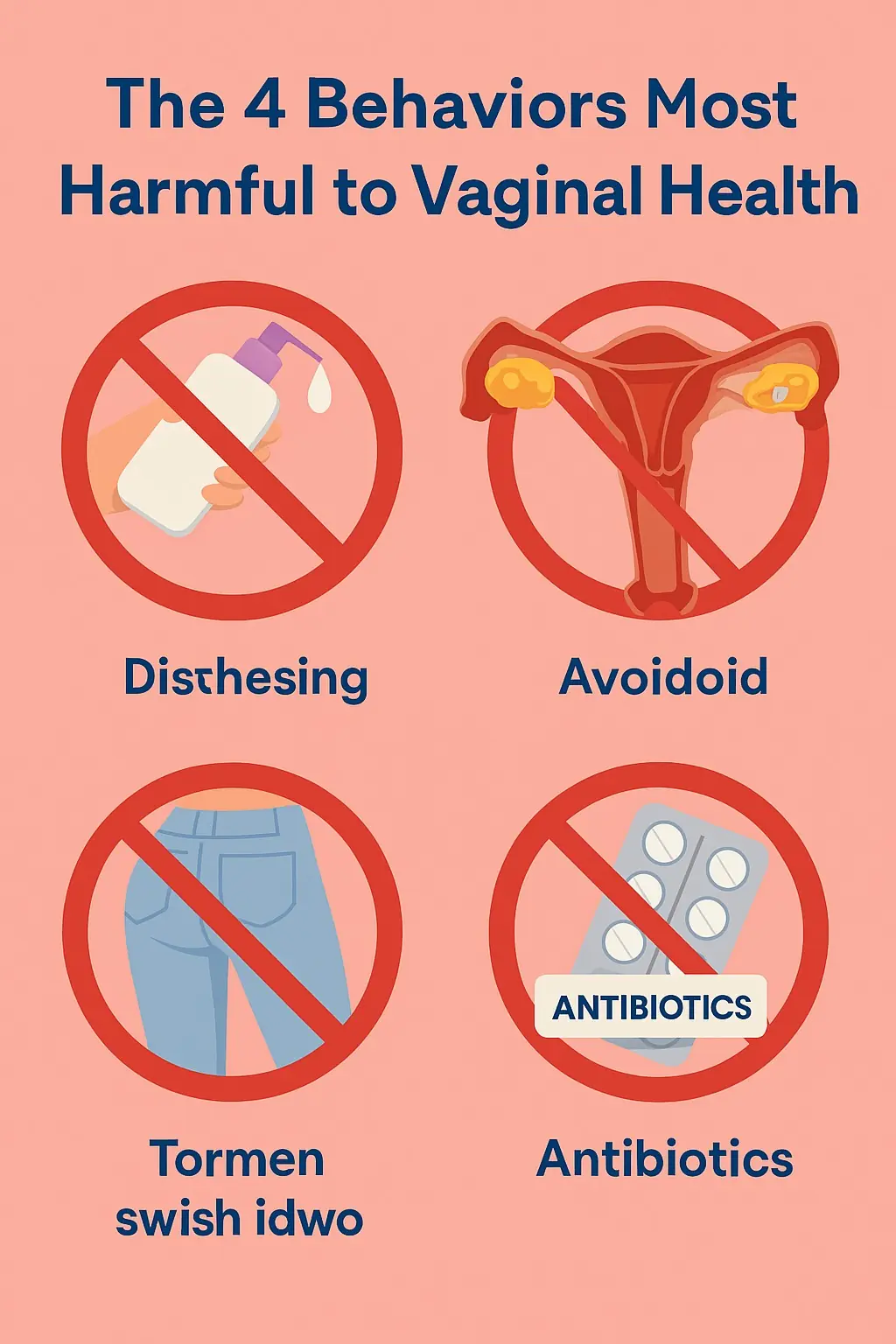
The 4 Habits That Harm Your Vagina the Most – Are You Still Doing Them Often? Stop Immediately After Reading This!

Habits That Make Women Gain Weight – Lack of Exercise Is the Least Important, While the Top Cause Is Something Many Do Every Day

Can Taking One Aspirin a Day Prevent Cardiovascular Disease? A Japanese Study Offers an Answer
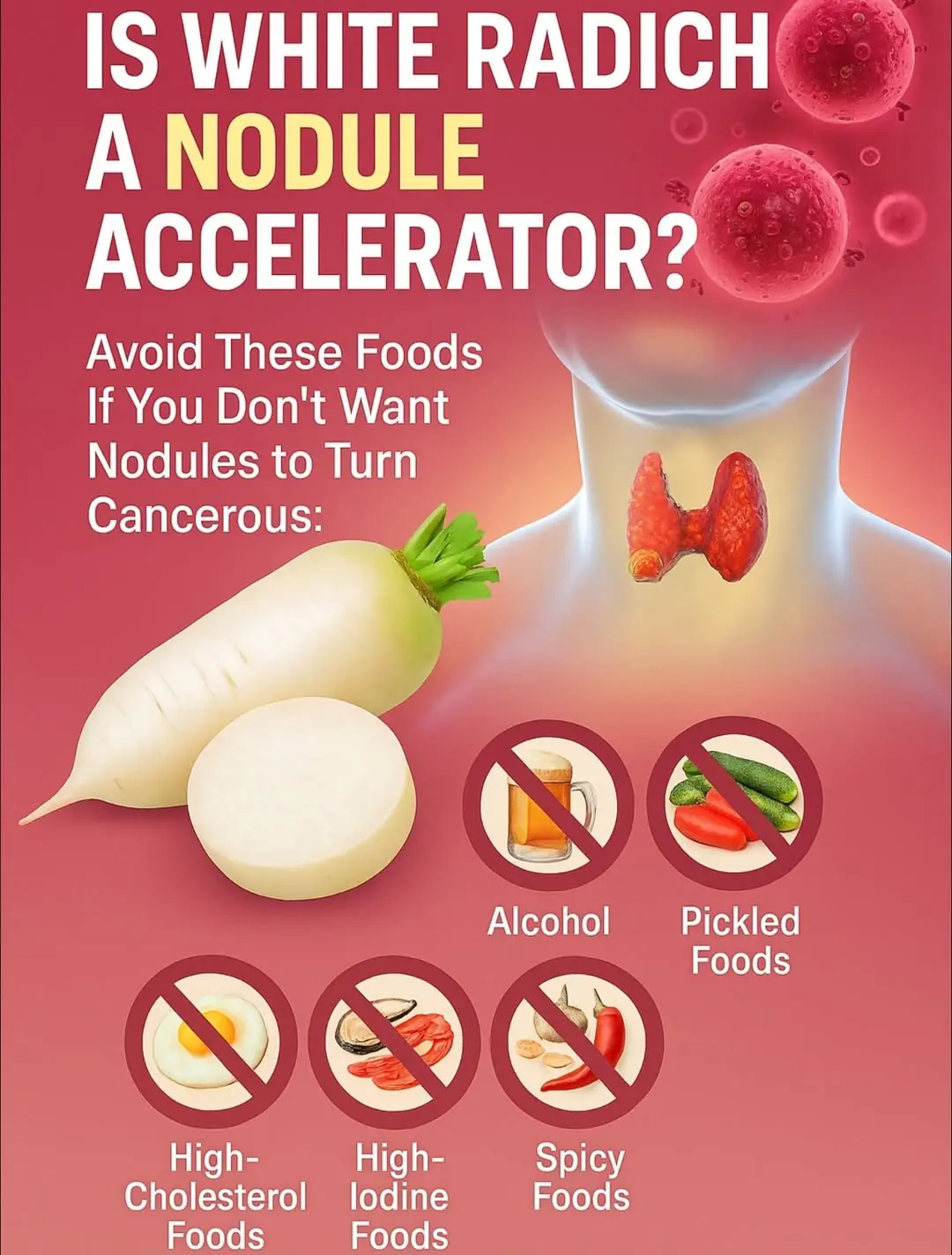
Is White Radish an “Accelerator” for Nodules? Gastroenterologist Warns: Avoid These 5 Foods If You Don’t Want Nodules to Turn Cancerous
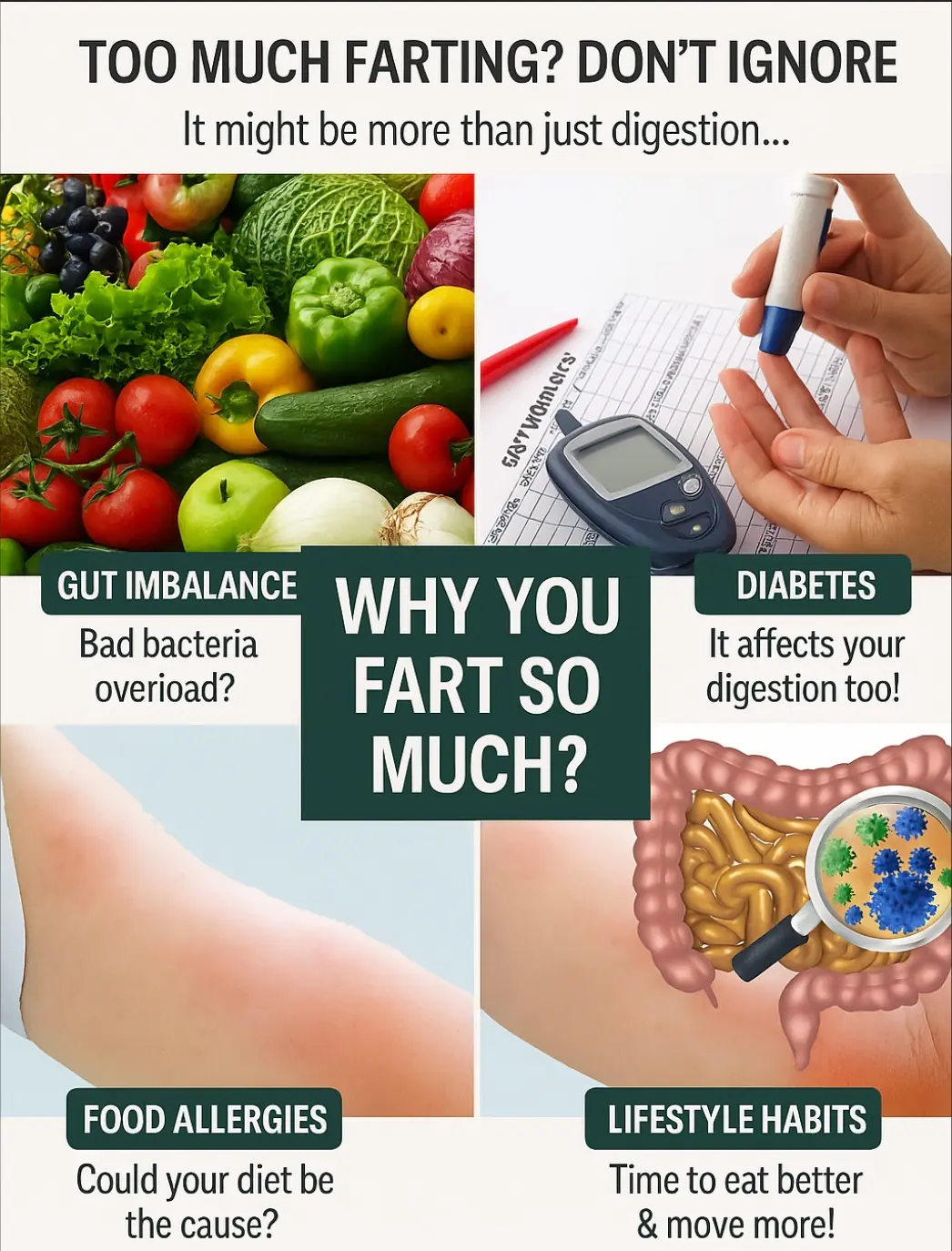
Why Are You Passing Gas So Often? 5 Health Issues That Might Be Behind It – Don’t Ignore the Signs

Think Twice Before Dyeing Gray Hair: Eat These 4 Foods Regularly to Potentially Reduce Premature Graying

Spring Must-Haves for a Clean Bloodstream: The Natural Enemies of Blood Toxins! Keep Your Arteries Spotless and Healthy

Top 5 Fruits for Health and Longevity — Banana Ranks #4, But the #1 Will Surprise You

Why Does Your Body Suddenly Jerk While Falling Asleep — Like You’re Falling? The Reason Might Surprise You
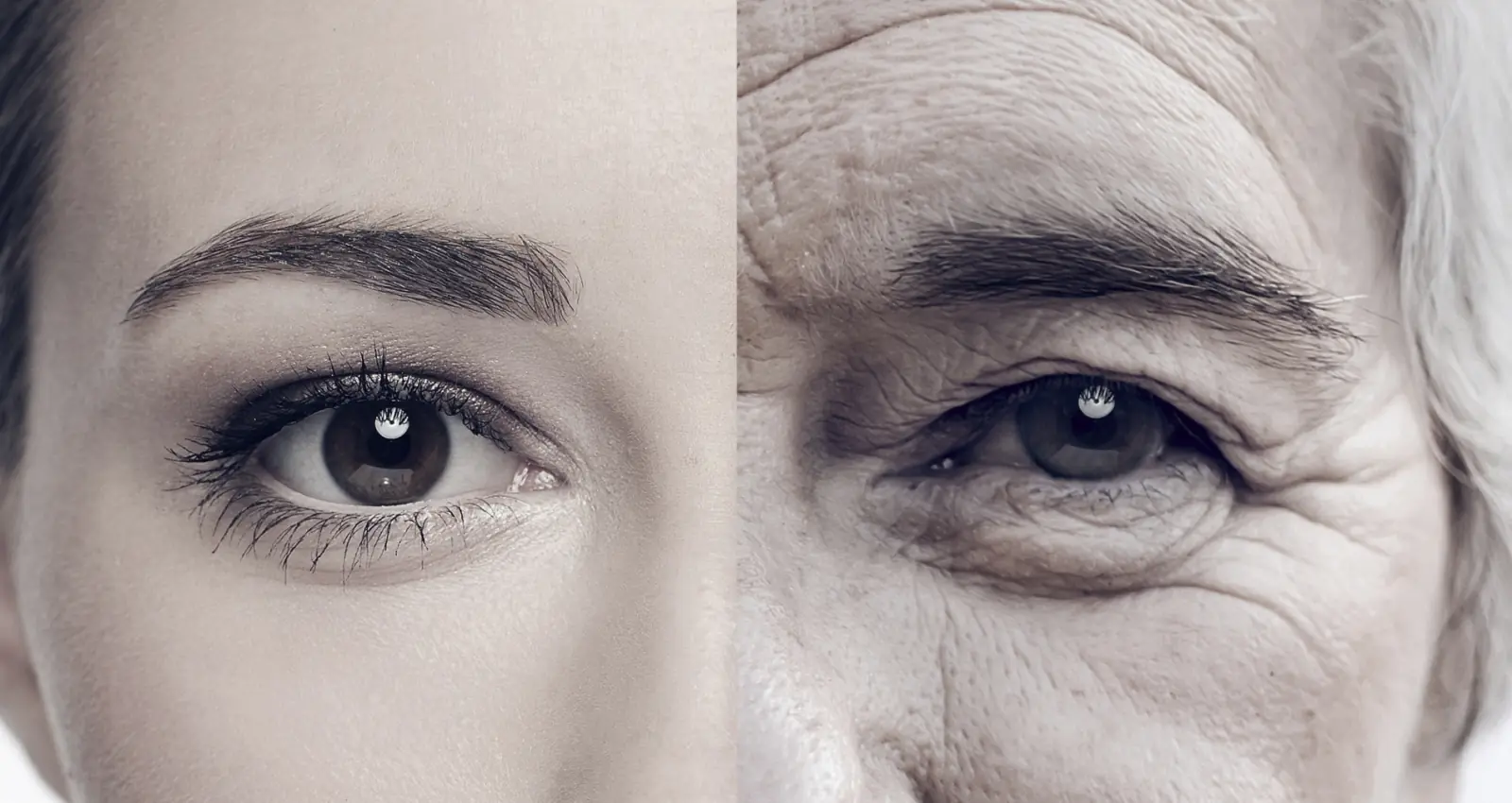
Top 10 Proven Habits to Slow Aging — Sleep Only Ranks #6! The #1 Will Surprise You

Is "Glue-Injected Meat" Becoming a Hidden Epidemic? Digestive Health Expert Warns: Avoid These 5 Types of Meat — Especially for Your Children’s Sake

If these two parts of the body are black, it means that the life span may not be long. Is it true? Listen to what the doctor says
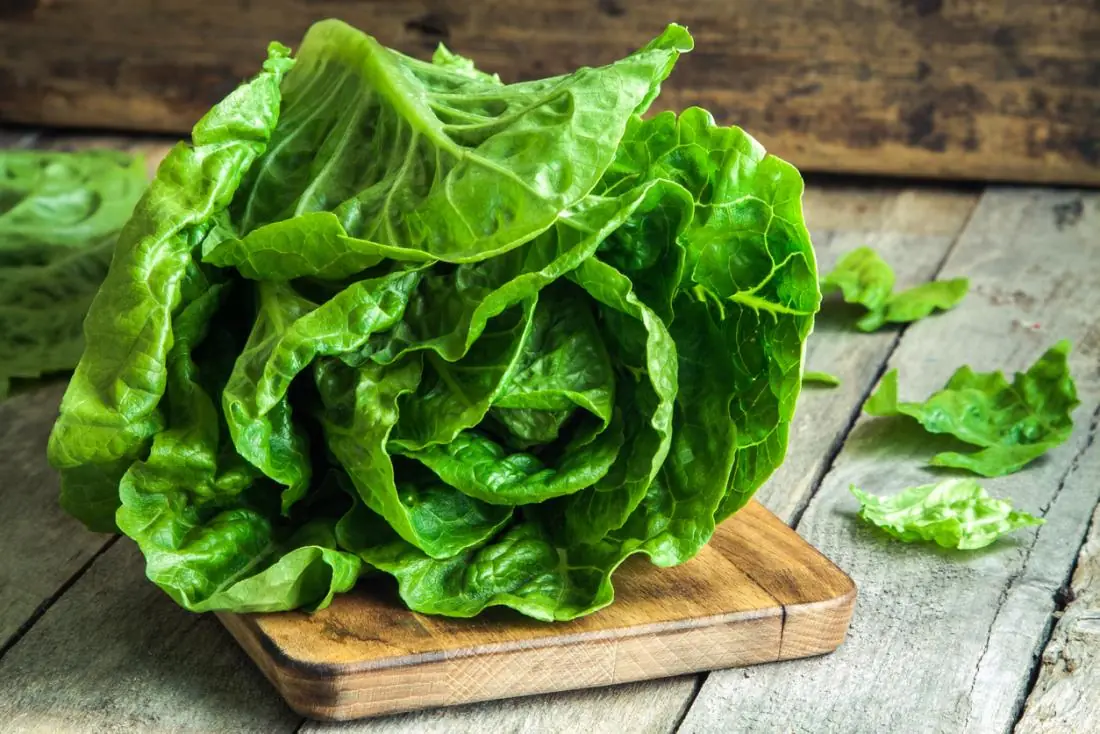
4 Superfoods for Diabetes Management—Affordable Yet Powerful

Sweet Potatoes Are in the Spotlight Again! Doctors Warn: Pay Attention to These Key Points When Eating Them
News Post

WHAT HAPPENS WHEN WE TONGUE KISS…See more

Nature’s Secret: 4 Healing Leaves That Support Metabolism, Immunity & Circulation Naturally

Don’t Drink Coconut Water Before You Know These 11 Secrets!

Pumpkin Seed Milk — The Natural Parasite Cleanser

Fast Rice Water Trick for a Brighter Smile

Morning Drink to Revive Your Kidneys Fast

The Onion Recipe That Could Transform Your Blood Sugar, Support Cleaner Arteries, and Protect Your Heart!

Top 4 Fruits That Help Your Kidneys Flush Out Toxins While You Sleep

Ginger, Clove, and Honey: The Natural Trio Your Body Will Thank You For

Heal 15 Years of Joint Pain Naturally with Turmeric and Honey Tea

This Juice Revived My Grandma’s Energy — Say Goodbye to Fatigue and Body Pain with This Natural Recipe

The Benefits of Eating 2 Boiled Eggs Every Morning: Transform Your Health!

If Your Kidneys Are in Danger, Your Body Will Send You These 8 Signals — Don’t Ignore Them

The Surprising Effects of Avocado on Your Heart and Brain

Ways to Get Over a Man Who Didn’t Value You

I’m 66 but Look 36 — My Secret? Aloe Vera & Ginger for Firm, Smooth Skin

How to Make Okra Water to Treat 17 Health Problems Naturally

Banana and Egg Mask to Look Younger Even in Your 80s

Scent Leaf Secrets Unveiled: 10 Surprising Health Benefits of This Miracle Herb
